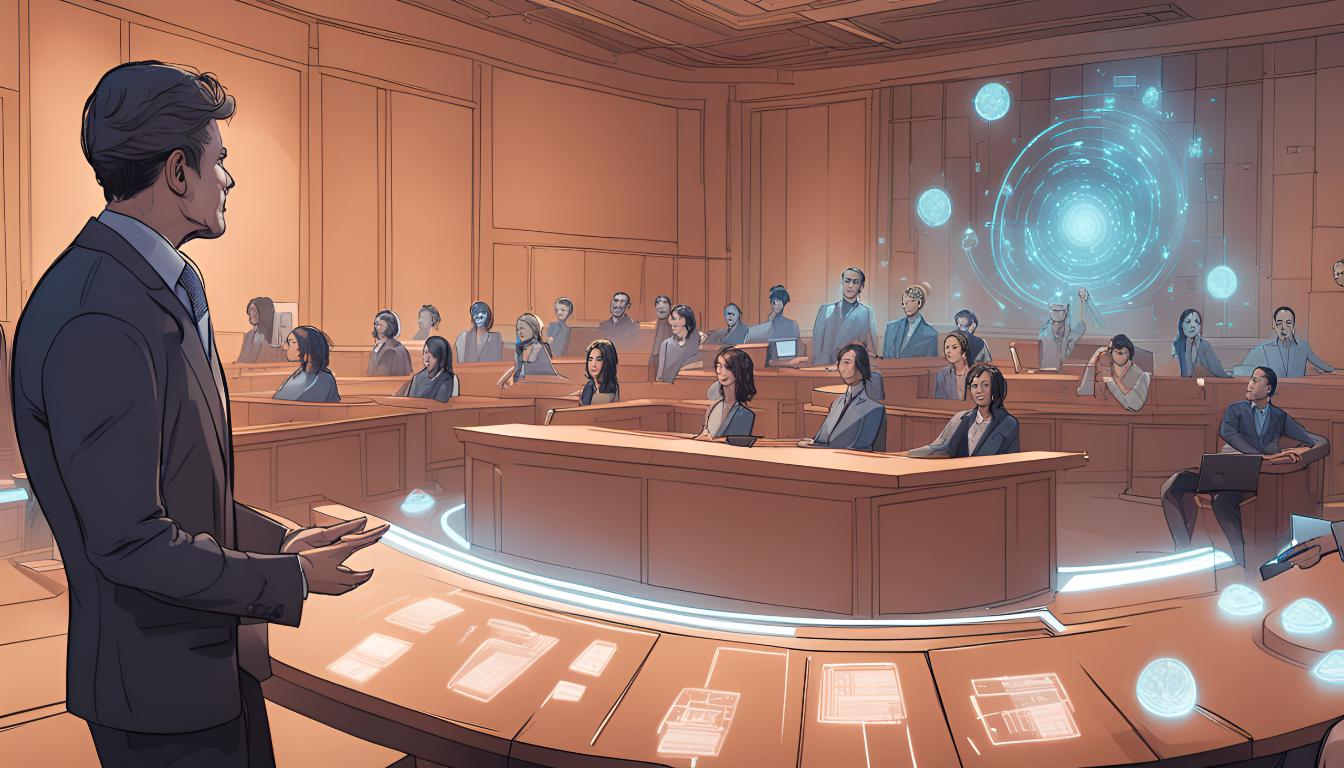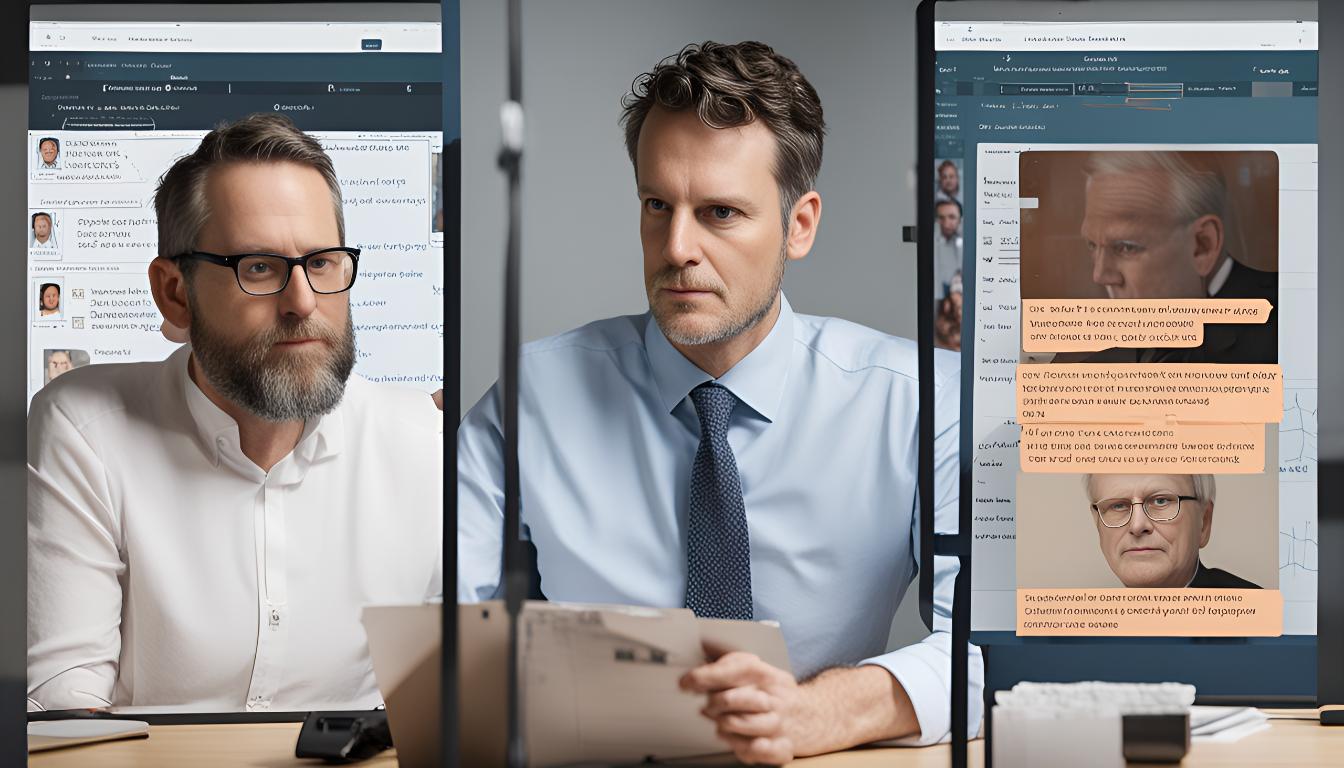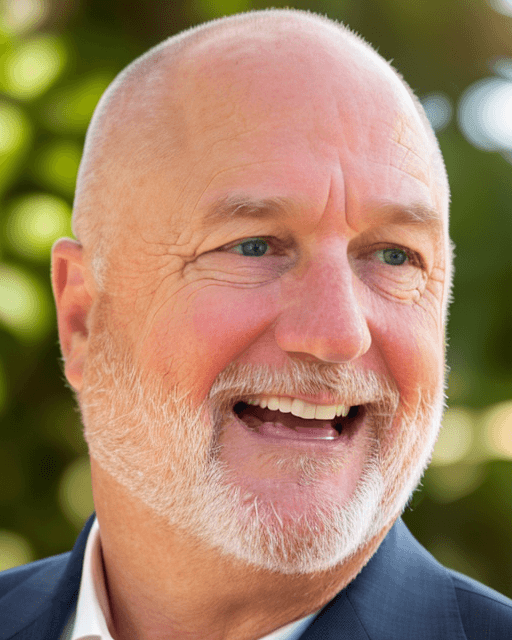Jury Consultants AI Legal Superpower They Didn't Know They Needed
Oct 9, 2024
Jury Consultants

SyntheticJuror is a new AI tool that's revolutionizing how lawyers and jury consultants prepare for trials. It simulates juror reactions with unprecedented accuracy, allowing legal teams to test strategies on thousands of AI-generated jurors before entering the courtroom.
Key features include:
Real-time, nuanced feedback from simulated jurors
Customization for specific jurisdictions and demographics
Continuous learning from real trial outcomes
The tool boasts a 85% accuracy rate compared to human based at 59% in predicting case outcomes. It's not just about prediction, though - it helps lawyers understand why jurors react certain ways and how to adjust their strategies accordingly.
SyntheticJuror also allows jury consultants to create proprietary playbooks, encoding their expertise into the AI system. This enables consultants to offer premium, AI-enhanced services like focus group simulations, mediation preparation, and deposition strategy optimization.
The financial impact for users is significant, with consultants reporting 25-50% rate increases for AI-augmented services and potential client base expansions of 15-25%.
Overall, SyntheticJuror is positioned as more than just a tool - it's described as a new way of thinking about law, potentially as transformative as germ theory was to medicine. It's democratizing high-level legal strategy and changing the legal profession in profound ways.
Jury consultants have a problem. They're still using methods from the 1970s to prepare for trials. Mock trials, focus groups, gut feelings - these aren't useless, but they're inefficient and incomplete. They leave too much to chance.
There's a new tool that changes everything: SyntheticJuror. It's not just another legal tech product. It's a superpower for lawyers and jury consultants.
The idea is simple: simulate juror reactions using AI. But the implementation is subtle. It doesn't just spit out predictions. It models how real jurors think, incorporating their biases, emotional triggers, and regional quirks.
Imagine you're preparing for a big case. You've got your team of lawyers, expert witnesses, and consultants. But now you also have thousands of simulated jurors. These aren't just static profiles. They're active participants. You can ask them questions, present evidence, even practice your closing arguments.
And they respond in real time. Not with simple yes/no answers, but with nuanced feedback that mimics how real jurors think. "I found the expert's testimony convincing, but I'm not sure I understand how it relates to the defendant's actions on the night in question."
The power of this is hard to overstate. Normally, lawyers are flying blind. They're guessing at how jurors will react. With SyntheticJuror, they can test their strategies on thousands of simulated jurors before they ever step into a courtroom.
But it's not just about quantity. It's about quality too. These simulated jurors are tailored to the specific jurisdiction where the trial will take place. They incorporate local cultural norms, demographic trends, even recent events that might influence juror thinking.
This level of customization is critical. A strategy that works in New York might backfire in Texas. SyntheticJuror lets lawyers fine-tune their approach for the exact jury pool they'll face. The system is always learning too. It incorporates feedback from real trials to refine its models. So it gets smarter over time, adapting to shifts in public opinion and legal precedent. The results speak for themselves. SyntheticJuror boasts a 85% accuracy rate compared to 58% accuracy on human led Mock trial and focus groups in predicting case outcomes. That's not just a marketing claim. It's based on comparing the system's predictions to actual trial results.
But the real power isn't in prediction. It's in preparation. SyntheticJuror doesn't just tell lawyers what will happen. It helps them understand why. And it gives them the tools to change the outcome.
This is the future of legal strategy. Not replacing lawyers with AI, but augmenting their intelligence and creativity. Giving them superpowers.
It's easy to imagine how this could spread beyond just trial preparation. Settlement negotiations, for instance. Lawyers could use SyntheticJuror to game out different settlement scenarios, understanding exactly how much leverage they have.

Or take legal research. Instead of just searching through old cases, lawyers could present hypothetical scenarios to simulated judges, getting a sense of how novel legal arguments might be received.
The possibilities are endless. This isn't just a better way to prepare for trials. It's a new way to think about law itself.
In the future, we might look back on pre-SyntheticJuror legal practice the way we now look back on medicine before germ theory. Not wrong, exactly. Just hopelessly limited.
The best lawyers have always had a kind of sixth sense about how jurors will react. SyntheticJuror takes that rare intuition and makes it available to everyone. It's democratizing legal genius.
And it's not just for big law firms. SyntheticJuror allows jury consultants to develop their own proprietary playbooks. They can encode their years of experience into the system, creating a unique methodology that combines human expertise with AI-driven analytics.
This opens up new possibilities for jury consultants. They can offer AI-enhanced focus group simulations, mediation preparation services, deposition strategy optimization, and more. Each of these services can be branded and priced as a premium offering, potentially doubling or tripling a consultant's revenue per client.
The financial impact is significant. Consultants report increasing rates by 25-50% for AI-augmented services. They're handling more cases, tackling larger and more complex matters. Some have expanded their client base by 15-25% just by positioning themselves as pioneers in AI-augmented legal strategy.
But perhaps the most exciting aspect is how SyntheticJuror evolves with use. As consultants use the system, it learns from their successes, continuously refining its models based on real-world results. Your playbook becomes a living strategy, getting smarter and more attuned to your approach with each case.
This is how technology often works. It starts by making existing processes more efficient. But then it enables entirely new ways of working. SyntheticJuror isn't just a tool for better jury selection or more accurate predictions. It's a platform for reimagining the entire field of jury consultation.
The next time you see a jury consultant glued to their phone, they might not be checking email. They might be conferring with thousands of simulated jurors, refining their strategy in real time. That's the power of SyntheticJuror. And it's changing the legal profession in ways we're only beginning to understand.
Jury consultants have a problem. They're still using methods from the 1970s to prepare for trials. Mock trials, focus groups, gut feelings - these aren't useless, but they're inefficient and incomplete. They leave too much to chance.
There's a new tool that changes everything: SyntheticJuror. It's not just another legal tech product. It's a superpower for lawyers and jury consultants.
The idea is simple: simulate juror reactions using AI. But the implementation is subtle. It doesn't just spit out predictions. It models how real jurors think, incorporating their biases, emotional triggers, and regional quirks.
Imagine you're preparing for a big case. You've got your team of lawyers, expert witnesses, and consultants. But now you also have thousands of simulated jurors. These aren't just static profiles. They're active participants. You can ask them questions, present evidence, even practice your closing arguments.
And they respond in real time. Not with simple yes/no answers, but with nuanced feedback that mimics how real jurors think. "I found the expert's testimony convincing, but I'm not sure I understand how it relates to the defendant's actions on the night in question."
The power of this is hard to overstate. Normally, lawyers are flying blind. They're guessing at how jurors will react. With SyntheticJuror, they can test their strategies on thousands of simulated jurors before they ever step into a courtroom.
But it's not just about quantity. It's about quality too. These simulated jurors are tailored to the specific jurisdiction where the trial will take place. They incorporate local cultural norms, demographic trends, even recent events that might influence juror thinking.
This level of customization is critical. A strategy that works in New York might backfire in Texas. SyntheticJuror lets lawyers fine-tune their approach for the exact jury pool they'll face. The system is always learning too. It incorporates feedback from real trials to refine its models. So it gets smarter over time, adapting to shifts in public opinion and legal precedent. The results speak for themselves. SyntheticJuror boasts a 85% accuracy rate compared to 58% accuracy on human led Mock trial and focus groups in predicting case outcomes. That's not just a marketing claim. It's based on comparing the system's predictions to actual trial results.
But the real power isn't in prediction. It's in preparation. SyntheticJuror doesn't just tell lawyers what will happen. It helps them understand why. And it gives them the tools to change the outcome.
This is the future of legal strategy. Not replacing lawyers with AI, but augmenting their intelligence and creativity. Giving them superpowers.
It's easy to imagine how this could spread beyond just trial preparation. Settlement negotiations, for instance. Lawyers could use SyntheticJuror to game out different settlement scenarios, understanding exactly how much leverage they have.

Or take legal research. Instead of just searching through old cases, lawyers could present hypothetical scenarios to simulated judges, getting a sense of how novel legal arguments might be received.
The possibilities are endless. This isn't just a better way to prepare for trials. It's a new way to think about law itself.
In the future, we might look back on pre-SyntheticJuror legal practice the way we now look back on medicine before germ theory. Not wrong, exactly. Just hopelessly limited.
The best lawyers have always had a kind of sixth sense about how jurors will react. SyntheticJuror takes that rare intuition and makes it available to everyone. It's democratizing legal genius.
And it's not just for big law firms. SyntheticJuror allows jury consultants to develop their own proprietary playbooks. They can encode their years of experience into the system, creating a unique methodology that combines human expertise with AI-driven analytics.
This opens up new possibilities for jury consultants. They can offer AI-enhanced focus group simulations, mediation preparation services, deposition strategy optimization, and more. Each of these services can be branded and priced as a premium offering, potentially doubling or tripling a consultant's revenue per client.
The financial impact is significant. Consultants report increasing rates by 25-50% for AI-augmented services. They're handling more cases, tackling larger and more complex matters. Some have expanded their client base by 15-25% just by positioning themselves as pioneers in AI-augmented legal strategy.
But perhaps the most exciting aspect is how SyntheticJuror evolves with use. As consultants use the system, it learns from their successes, continuously refining its models based on real-world results. Your playbook becomes a living strategy, getting smarter and more attuned to your approach with each case.
This is how technology often works. It starts by making existing processes more efficient. But then it enables entirely new ways of working. SyntheticJuror isn't just a tool for better jury selection or more accurate predictions. It's a platform for reimagining the entire field of jury consultation.
The next time you see a jury consultant glued to their phone, they might not be checking email. They might be conferring with thousands of simulated jurors, refining their strategy in real time. That's the power of SyntheticJuror. And it's changing the legal profession in ways we're only beginning to understand.


